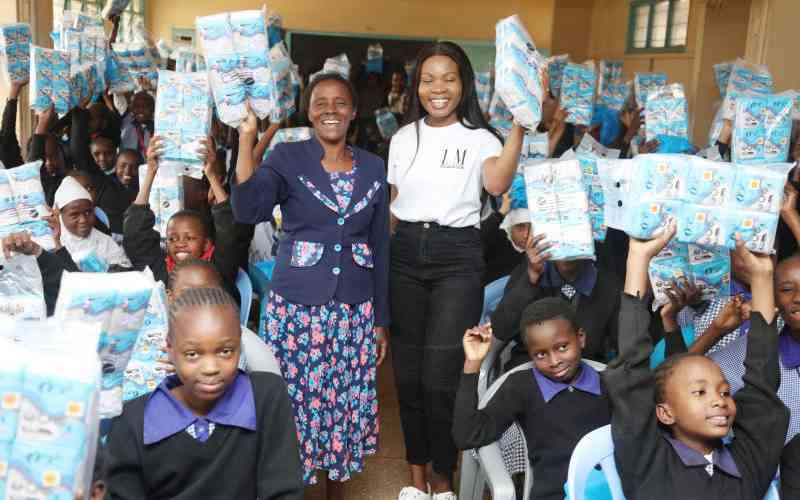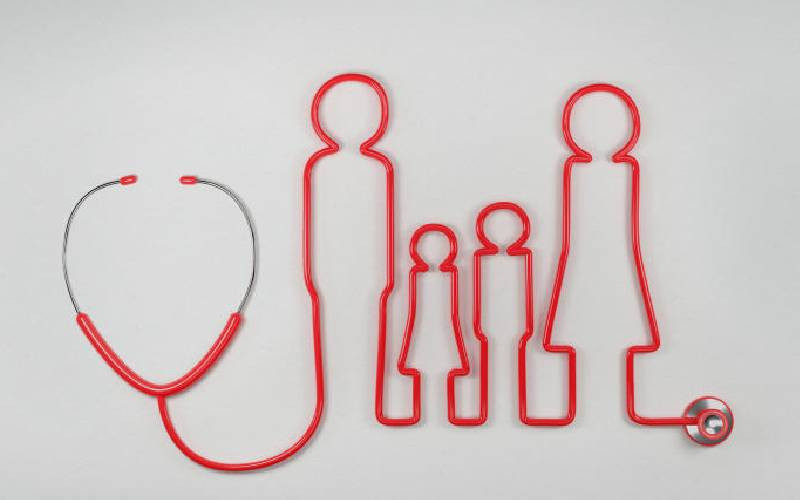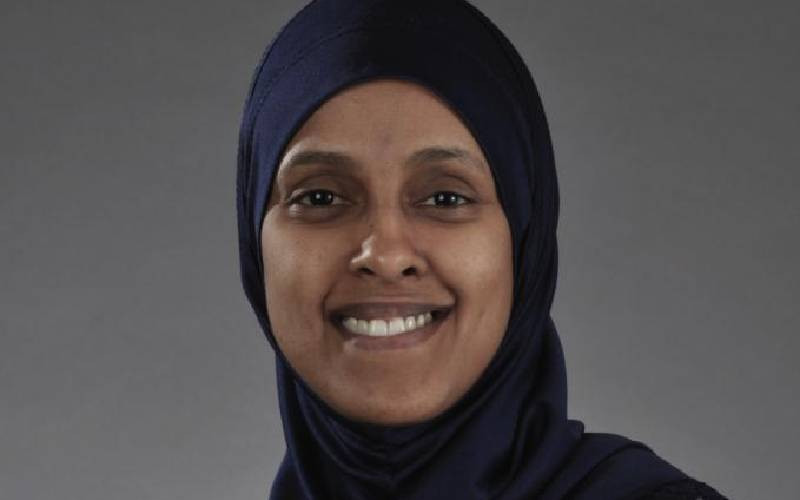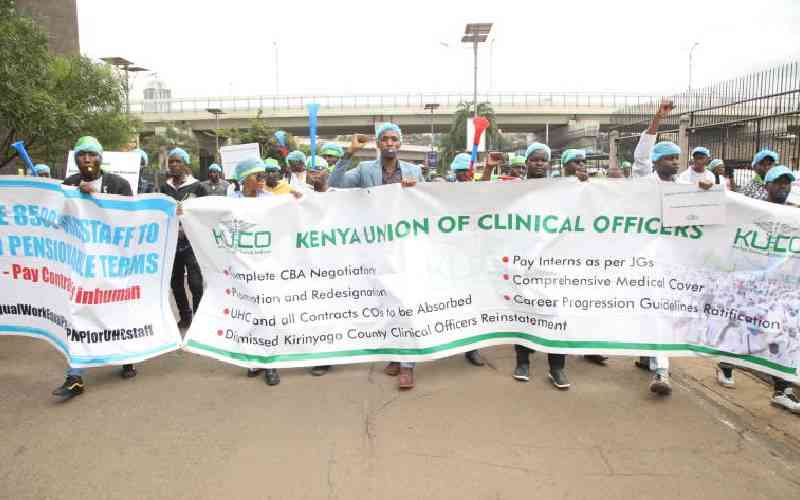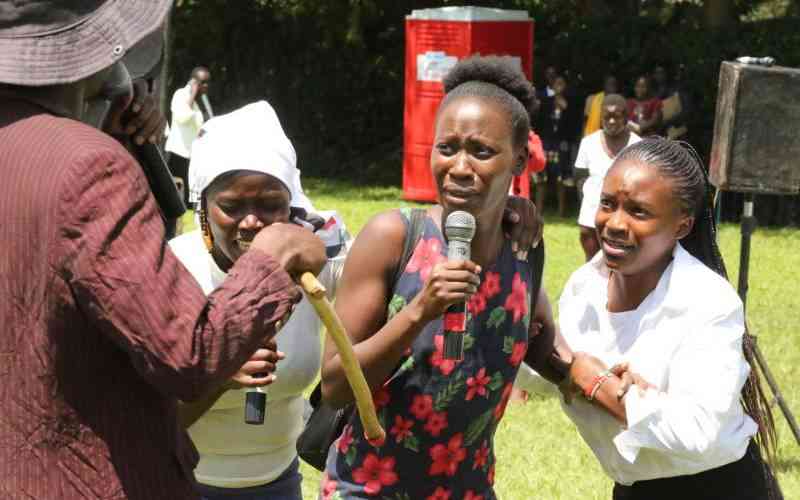
The World Health Organisation estimates that 249 million people fell ill with malaria in 2022, with 608,000 deaths. Most of these deaths were reported in 29 countries, including Kenya. Between 2010 and 2015, the world recorded a steady decline in both malaria incidence and deaths. However, the numbers surged with the onset of Covid-19 due to a disrupted global supply chain of pharmaceuticals and the drift of health care to mitigate the pandemic.
As we mark this year’s World Malaria Day tomorrow, evidence in the country shows that it is not just a disease. Malaria is an enduring enemy that has plagued the nation for years. Despite widespread awareness and strides made in recent years to control the disease, it remains a leading cause of morbidity and mortality especially among children under five and pregnant women. The 2020 Kenya Malaria Indicator Survey revealed that seven in ten Kenyans live in areas that predispose them to the risk. The report also showed that malaria-related cases accounted for 13 to 15 per cent of outpatient consultations.
One of the primary challenges is the complexity of factors contributing to its persistence. These include limited access to healthcare services in remote areas, inadequate funding, drug resistance and environmental factors such as climate change, which influence the breeding patterns of mosquitoes.
However, there are reasons for cautious optimism. Kenya has demonstrated a commitment to malaria control through the implementation of the Kenya Malaria Implementation Plan, which targets reducing malaria incidence and deaths by 75 per cent of the 2016 levels through spending Sh61.9 billion over five years. The successful testing and rollout of a malaria vaccine alongside Malawi and Ghana in 2022 also boosts the fight.
Educating households
In recent years, innovative approaches such as mobile health technologies have been deployed to improve surveillance and response, enabling real-time data collection and analysis. Yet, challenges remain. One key obstacle is the low uptake of preventive measures at the community and household levels. This is where the newly inaugurated Community Health Promoters (CHPs) come in. Working alongside government health officials at the national and county levels, CHPs can significantly impact public education.
The CHPs need to be supported fully to help educate communities in endemic areas on the need to continuously use mosquito nets appropriately. This is in addition to steering the implementation of effective mosquito control methods and managing mild cases to reduce strain on overwhelmed healthcare facilities.
Mass vaccination campaigns also hold immense potential. Lessons from the Covid-19 pandemic in terms of mobilisation and infrastructure can be leveraged to reach large populations, particularly in endemic areas including Busia, Kisumu, Siaya, Kakamega and the entire Lake Basin region.
- Health Ministry ups mosquito nets distribution
- Fight against malaria faces fresh threat from new deadly mosquito species
- WHO: Liberia, Benin, Sierra Leone roll out malaria vaccine
- Kenya has made progress in war against malaria, but it should do more
Keep Reading
Moreover, extreme weather events such as recurring floods in Budalang’i in Busia, Kisumu’s Nyando, Mbega and Nyamkebe, among other areas, underscore the need to engage communities on the impact of rainfall on malaria spread.
In this fight, Busia and Kisumu counties are working with Living Goods, a development partner, alongside others to eliminate risk factors. The two counties are implementing strategies geared towards protecting children and pregnant women. Kisumu, for example, recently completed a mass distribution of mosquito nets, a crucial tool in preventing malaria transmission.
Busia, on the other hand, is training CHPs to help in registering households ahead of mosquito nets distribution this month.
Indoor spraying, especially during this rainy season, is complementing other efforts. Both counties also provide routine health services for vulnerable populations.
Pregnant women are continually receiving insecticide-treated nets and preventive medication (IPTp) at the start of the thirteenth week of pregnancy. Additionally, all children aged six to 24 months are issued with long-lasting insecticide-treated nets as part of standard healthcare practices.
Funding gaps
This year’s theme, ‘Health Equity, Gender and Human Rights’, provides another chance to assess how well malaria eradication aligns with these great values. Specifically, it’s time to examine how effectively these programmes empower women.
From carrying sick children to clinics to providing home care for family members, women shoulder a significant burden. They need to be front-line participants.
However, funding remains a critical concern. Kenya’s recent commitment to shift focus from purely curative health care to preventative measures offers hope. This shift requires strong collaboration between the national and county governments, alongside robust support from international partners.
That said, eradicating malaria requires a multi-pronged approach. It’s a fight not just against the parasite but also against poverty, limited access to healthcare and a changing climate. Climate change, as evidenced by rising temperatures and erratic rainfall patterns, is creating ideal breeding grounds for mosquitoes, potentially reversing hard-won gains.
Odera in Deputy Governor and Health CEC, Busia, and Onyango country director, Living Goods Kenya
 The Standard Group Plc is a multi-media organization with investments in media platforms spanning newspaper print
operations, television, radio broadcasting, digital and online services. The Standard Group is recognized as a
leading multi-media house in Kenya with a key influence in matters of national and international interest.
The Standard Group Plc is a multi-media organization with investments in media platforms spanning newspaper print
operations, television, radio broadcasting, digital and online services. The Standard Group is recognized as a
leading multi-media house in Kenya with a key influence in matters of national and international interest.


